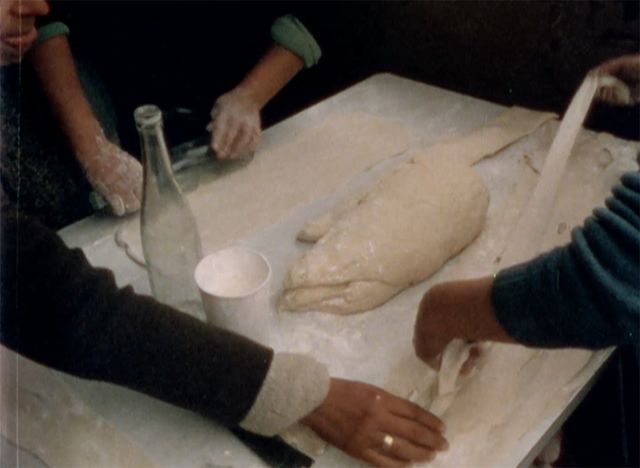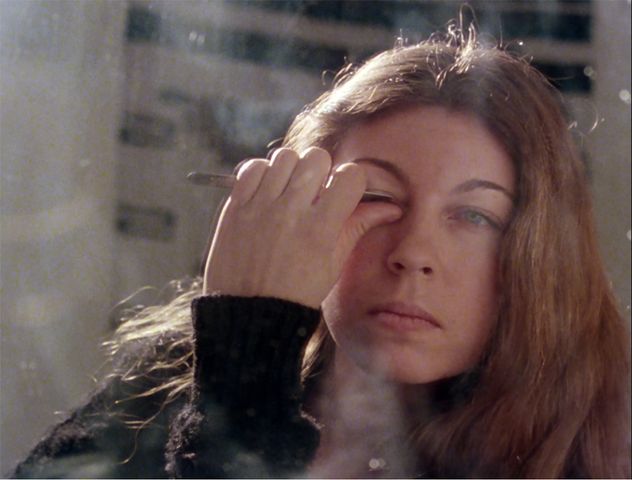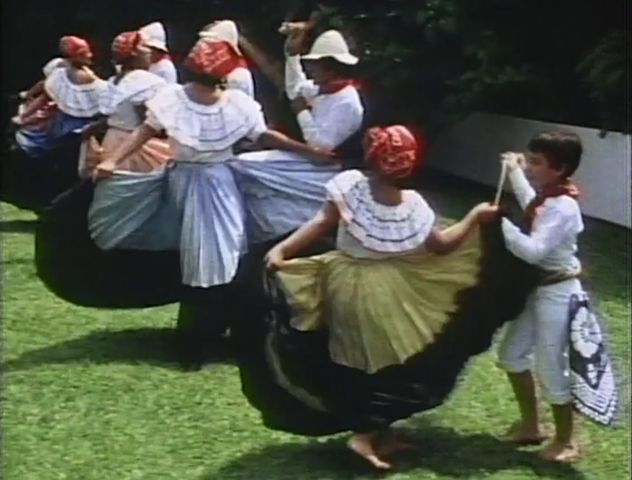Cinema
Fragmentos de un diario inacabado | Journal inachevé | El hombre cuando es hombre
Sat, Jun 25–Sat, Aug 27, 2022
Every Saturday
12.05 pm
Admission with exhibition ticket

Fragmentos de un diario inacabado (Fragments from an Unfinished Diary)
D: Angelina Vásquez, Chile/Finland 1983, 59 min, Spanish OV with English subtitles
Angelina Vásquez, a Chilean filmmaker who had been active in the Movimiento de Izquierda Revolucionaria (Revolutionary Left Movement, MIR), went into exile following Augusto Pinochet’s military coup in 1973. Ten years later, she returned to the country semi-clandestinely to make a film about what had happened in the intervening decade. Forced to leave before she started shooting, Vázquez pursued her project with the help of collaborators, completing it from Finland. In the words of film scholar Elizabeth Ramirez-Soto,“Fragmentos de un diario inacabado brings together elements of the epistolary and diary films, as well as the travelogue, to create a resilient portrait of Chilean society as it resists an oppressive dictatorial regime through different collective strategies, including folk music, popular theater, soup kitchens, and growing mass demonstrations that coincided with the shooting of Vásquez’s film.”

Journal inacheve (Unfinished Diary)
D: Marilú Mallet, Canada 1982, 50 min, English/French/Spanish OV with English subtitles
Marilú Mallet arrived in Quebec in 1973, fleeing her native Chile after the coup d’état against Salvador Allende led to Augusto Pinochet’s military junta. Journal inachevé was made nearly a decade later. In the words of film scholar Elizabeth Ramírez-Soto, the film “uses the intimate diary form to convey Mallet’s everyday life as an exiled woman filmmaker in Montreal, working through her past while navigating a new culture,” thereby“bridging the individual and collective experiences of forced displacement.” Journal inachevé emerged from an unfinished epistolary film project titled Les lettres (The Letters), which Mallet planned to undertake together with her friend and fellow Chilean filmmaker in exile, Valeria Sarmiento, who was at the time living in Paris.

El hombre cuando es hombre (Ein Mann, wenn er ein Mann ist)
D: Valeria Sarmiento, Costa Rica/Federal Republic of Germany/France, 67 min, Spanish OV with German subtitles
After going into exile from her native Chile following Augusto Pinochet’s 1973 military coup, Valeria Sarmiento continued her filmmaking practice in diverse locations, including Cuba and France. With funding from the West German television broadcaster ZDF, she went to Costa Rica with the intention of making a film about the perniciousness of Latin American machismo. El hombre cuando es hombre comprises interviews with men of all ages, speaking directly about sex and seduction, as well as observational sequences that underline how social rituals perpetuate gender stereotypes. Initially, the film seems neutral in its approach, yet as it progresses the sharp bite of Sarmiento’s ironic stance becomes unmistakable. As she put it, “The small details that keep accumulating form a threatening whole.”